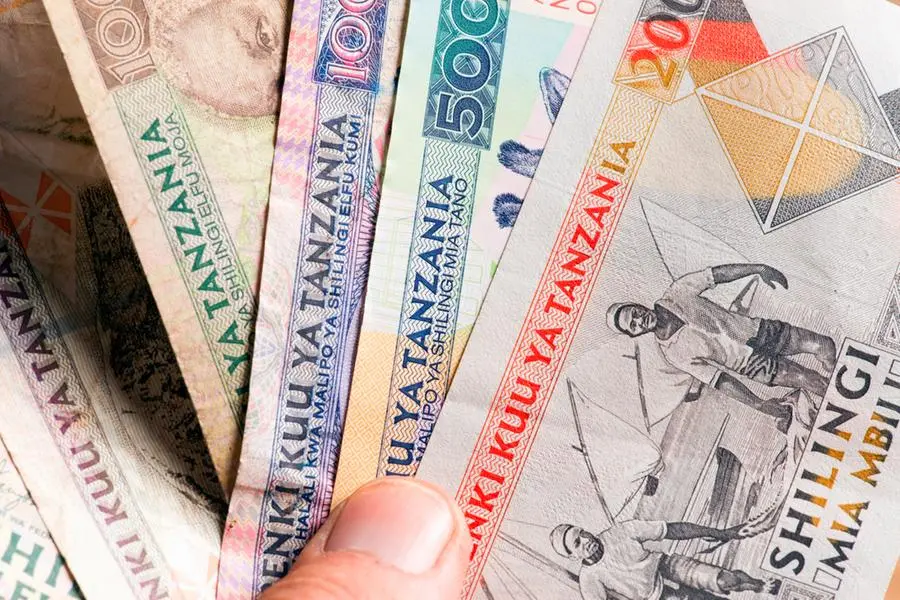PHOTO
The International Monetary Fund (IMF) has approved $204.5 million in new funding for Tanzania after a successful review of the country’s economic reforms programme.
The fund’s executive board expressed satisfaction with Dodoma’s reform programme and noted the country’s “favourable” growth outlook.
“Tanzania’s reform programme supported by the Extended Credit Facility (ECF) remains on track, and the growth outlook is favourable,” said Bo Li, the fund’s deputy managing director and acting chair in a statement on December 13.
“The ECF programme focuses on strengthening macro-financial stability and supporting sustainable and inclusive growth. The authorities’ strong commitment to their reform agenda remains important amid downside risks, combined with continued engagement and capacity support by development partners.”
The IMF Board completed the fourth review of the ECF arrangement, which was approved in July 2022, for a total access of SDR 795.58 million (about $1.04 billion at the time of programme’s approval).“The completion of the review allows the immediate access to $148.6 million (SDR 113.37 million), bringing total disbursement to Tanzania under the arrangement to about $754.3 million,” the Fund said.
“The board also completed the first review under the Resilience and Sustainability Facility (RSF) arrangement that was approved in June 2024, with total access of $791.6 million (SDR 596.7 million). The completion of the review allows the immediate disbursement of about $55.9 million (SDR 42.62 million).”The ECF aims to preserve macroeconomic stability, strengthen the economic recovery, and promote sustainable and inclusive growth, while the RSF supports Tanzania’s ambitious reform efforts to implement climate policy reforms that address risks and challenges associated with climate change and enhance the resilience of the Tanzanian economy.
According to IMF Tanzania’s economic reform programme under the ECF arrangement remained on track, with all end-June 2024 quantitative performance criteria and indicative targets being were met.
The performance on structural benchmarks was mixed, with three structural benchmarks completed on time, and two completed with delays.
Three structural benchmarks (two of which were due end-June 2024, and one end-September 2024) were not completed, and the authorities have requested to reset of these SBs to end-March 2025 to allow sufficient time for completion.
Economic growth has gained momentum, with real GDP growth picking up to 5.4 percent (year-on-year) in the first half of 2024, from 5.1 percent in 2023, while inflation remains within the central bank’s target, and “a growth-friendly fiscal consolidation is underway.”
Tanzania’s current account deficit narrowed in the 2023/2024 financial year, driven by strong exports of services and a slowdown in imports, while pressures in the foreign exchange market have eased reflecting seasonal current account flows, a tight monetary policy stance and exchange rate flexibility.
© Copyright 2022 Nation Media Group. All Rights Reserved. Provided by SyndiGate Media Inc. (Syndigate.info).





















